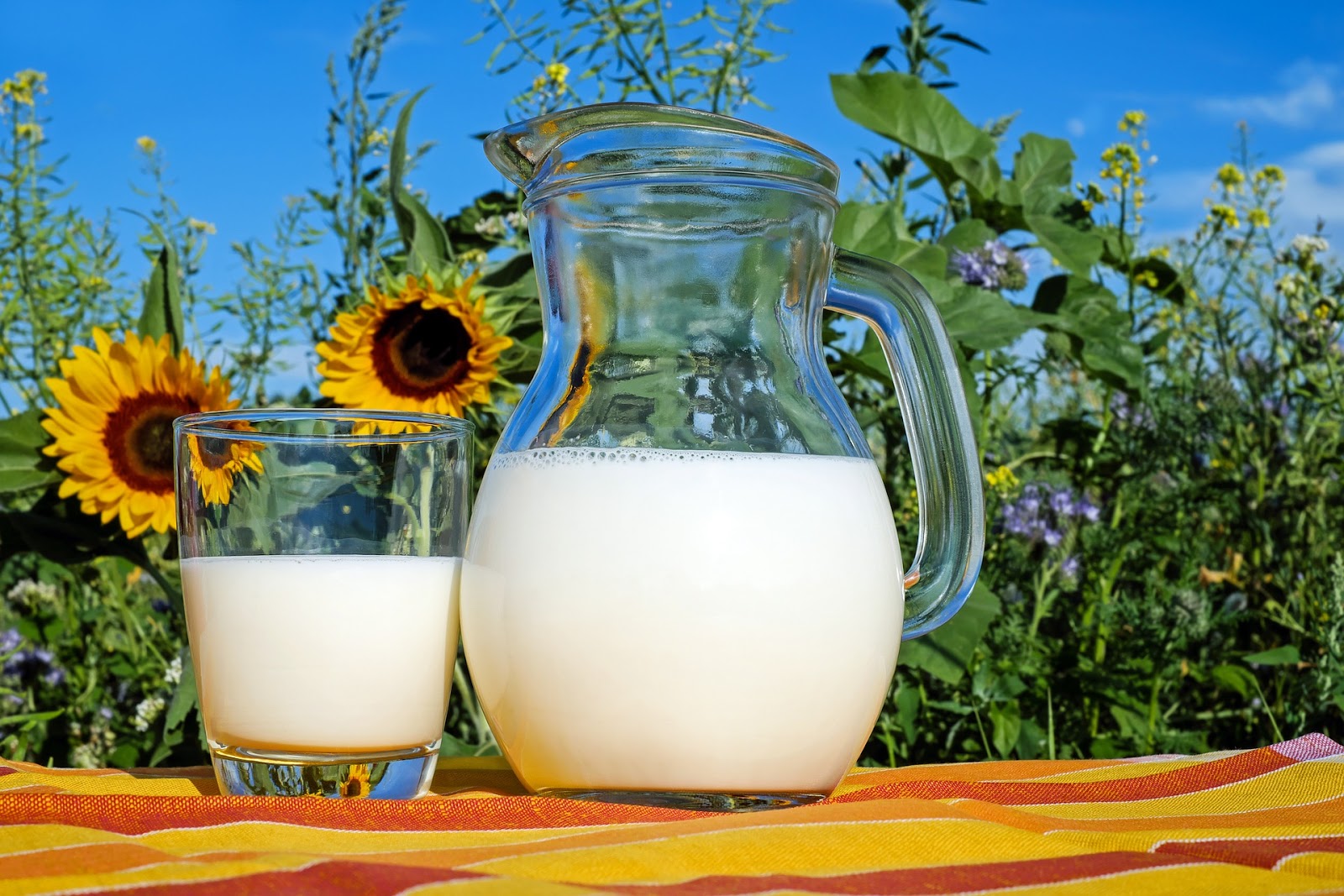The Japanese Green Tea Matcha is a shade grown, powerhouse of anti-oxidants.
So what makes the Japanese Green Tea Matcha so great? It is derived from the Camellia Sinensis family of tea leaves. These are covered for 20 days before harvest time. This technique increases the chlorophyll production.
Later the leaves are steamed, stemmed and de-vined to be stone ground into a fine powder. The end result is a brilliant green color.
Later the leaves are steamed, stemmed and de-vined to be stone ground into a fine powder. The end result is a brilliant green color.
It might
take up to one hour to grind only 30 gms of matcha. But all that effort is
worth it. The matcha tea that is prepared can increase your metabolism and burn
off stubborn calories. The antioxidant properties can fight all the negative
effects of pollution. It gives you radiant younger looking skin.
It is an
integral part of all Japanese culture. Ancient Zen and Buddhist monks used to
meditate after drinking matcha. This induced relaxation and made them reach a
higher state of consciousness.
It is used
in major ceremonies as an important product offering. Matcha is still important
in Japanese Zen monasteries even though it is more expensive than the other tea
brands. It gained popularity throughout the 14th-16th
centuries. Samurai warriors used to drink matcha before going into battle. This
gave them an energizing endurance that lasted up to 6 hours at a stretch.
Everyone enjoyed its savory taste that imparted a unique flavor to the tea.
Good grades
of Japanese Green Tea Matcha are dependent on many factors. The leaves of the
tea bush should be soft and supple. It should be dried indoors or in the shade
with no direct sunlight.
The stone grinding should be carried out on special granite stone mills. This enhances the power of the unique ‘Catechins’. These are the most potent and beneficial antioxidants.
The stone grinding should be carried out on special granite stone mills. This enhances the power of the unique ‘Catechins’. These are the most potent and beneficial antioxidants.
Matcha tea
ware that is used in the preparation of this potent tea includes a tea bowl and
a bamboo whisk with fine bristles for whisking the tea. There is also a bamboo
spoon and a container called a tea caddy.
Finally, a
small cotton tea cloth for wiping stains finishes the preparation. There is no
milk or sugar involved.40 g of matcha powder make 20 bowls of ‘Usucha’ or thin
tea. Or even 10 bowls of ‘Koicha’ or thick tea.
This magical
tea is a powerful detoxifier. It removes heavy metals and other chemical toxins
from the human body. Oxidation can bring down the fine matcha grade by giving
it a dull brown color. It develops a funny hay type of stale look.
Therefore, care is taken to protect the matcha from sunlight and air in the later stages as well. Taking these precautions will reward you with a sweeter, intensely flavored tea.
Therefore, care is taken to protect the matcha from sunlight and air in the later stages as well. Taking these precautions will reward you with a sweeter, intensely flavored tea.
It has
cancer fighting properties. The amino acid in the matcha leaves stimulates
alpha waves in the brain to help you remain calm in crisis. Mood and memory is
enhanced and concentration is built up. It fortifies your immunity levels.
LDL or the
bad cholesterol gets lowered. Men who are regular matcha drinkers report a 11%
drop in heart disease. No wonder it is a market champion in Superfoods.
Matcha has
moved on to be a part of other things apart from the simple green tea.
It is now a part of ‘wagashi’ or Japanese confectionery. It also gives color and flavor to the Mochi or traditional rice cakes.
Modern Soba or buckwheat noodles are made with matcha recipes.
It is now a part of ‘wagashi’ or Japanese confectionery. It also gives color and flavor to the Mochi or traditional rice cakes.
Modern Soba or buckwheat noodles are made with matcha recipes.
Haagen-Dazs,
the ice-cream giant introduced the green tea ice-cream. This was endorsed by
the U.S. president Barrack Obama when he visited Japan in the past.
Needless to say it was a big hit and promoted ‘East meets West’.
Needless to say it was a big hit and promoted ‘East meets West’.



Comments
Post a Comment